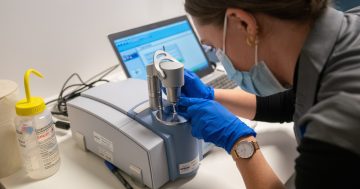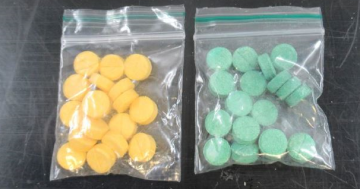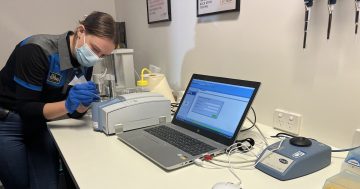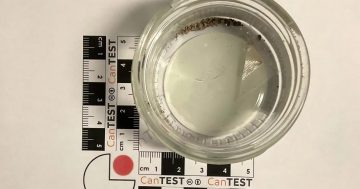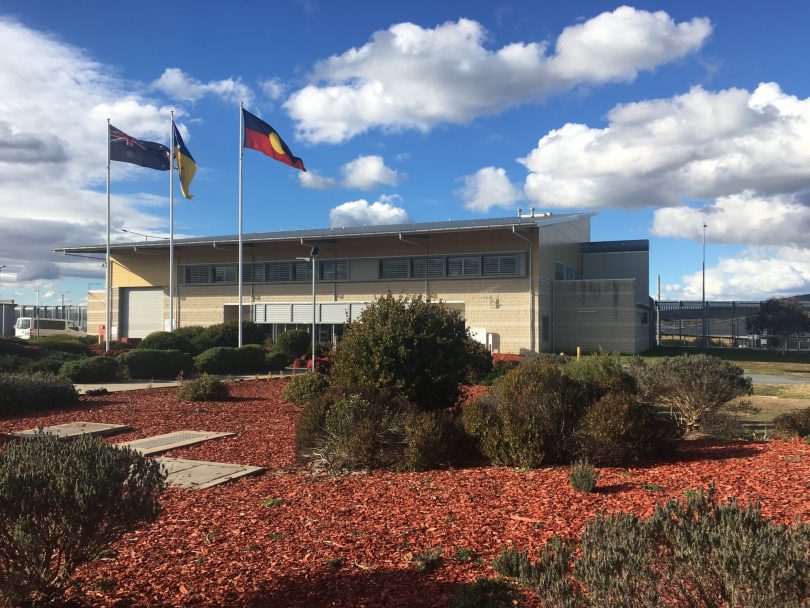
The criminalisation of personal drug use has resulted in courts and jail systems overwhelmed by people who use drugs. Photo: File.
This week the ACT Greens will release its 2020 Election Drugs Policy package.
The plan responds to the reality that many people use drugs. It recognises that the ‘war on drugs’ has failed and we need new approaches to keep people in our community safe. This means ending the unnecessary interactions with the police and justice system, and providing people experiencing drug dependency with the services and support they need.
It’s easy to drag out slogans and frame every person who uses drugs as a criminal. But most people know by now that this doesn’t help respond to the adverse effects of drug use in our community.
Instead, we know that the community wants evidence-based strategies that ensure that people are informed about the risks of drug use and are able to reduce harms associated with drug use. The community wants to be assured that people can access the support they need if they are struggling with dependency issues. This new approach isn’t as easy, but it’s the right and the smart thing to do.
The criminalisation of personal drug use has resulted in courts and jail systems overwhelmed by people who use drugs, without any real strategy to support people dealing with a dependency issue. This is a plan that seeks to change that. It’s also a plan that aims to redress a system where not every person who uses drugs is treated equally. We don’t want to see a continuing situation where people of colour, First Nations people and people from poorer backgrounds are more likely to be penalised for minor drug offences than others.
These initiatives focus on people. This means providing more support. When people demonise drug use, they often forget we are talking about people – someone’s son or daughter, their husband, mother, friend. These initiatives aim to ensure that people don’t die or suffer irreparable harm because they make a poor choice or don’t have enough information. They aim to stop the current situation where people unwilling to seek support when they need it because of fear, stigma and shame.
As part of this, a key initiative in the package is increasing funding for drug and alcohol treatment services. This is aimed at increasing the level of support available and in response to sustained calls from the sector and community that we need to provide more support.
It also includes initiatives to ensure that support and treatment are provided in ways that respond to people’s lives and needs – services that are culturally appropriate and recognise that people live in families and communities rather than in a vacuum. It strives to increase diversionary programs, keeping people away from jail and putting them into programs that aim to constructively deal with the consequences of criminality related to drug use.
The ACT should be proud of the work that has occurred in recent years. It has seen significant collaboration between the Government, medical experts, services and the police, and has resulted in keeping people safer. Evaluations of the two-pill testing trials at festivals in Canberra also show what is possible, and how this work has saved lives and keep people safer.
Our future work needs to build on this good work, and there are initiatives contained in the package that do just this – work to see how we can make people safer. These include regular pill testing at festivals and a permanent pill-testing site.
I think it’s time that we commit to addressing drugs as a health issue, not a criminal issue. I want a future where people are safer and where we respond to the adverse health, social and economic consequences of drug and substance use in our community. What do you think?
Rebecca Vassarotti is an ACT Greens candidate for Kurrajong in the upcoming Territory election and the campaign spokesperson for drug policy.













